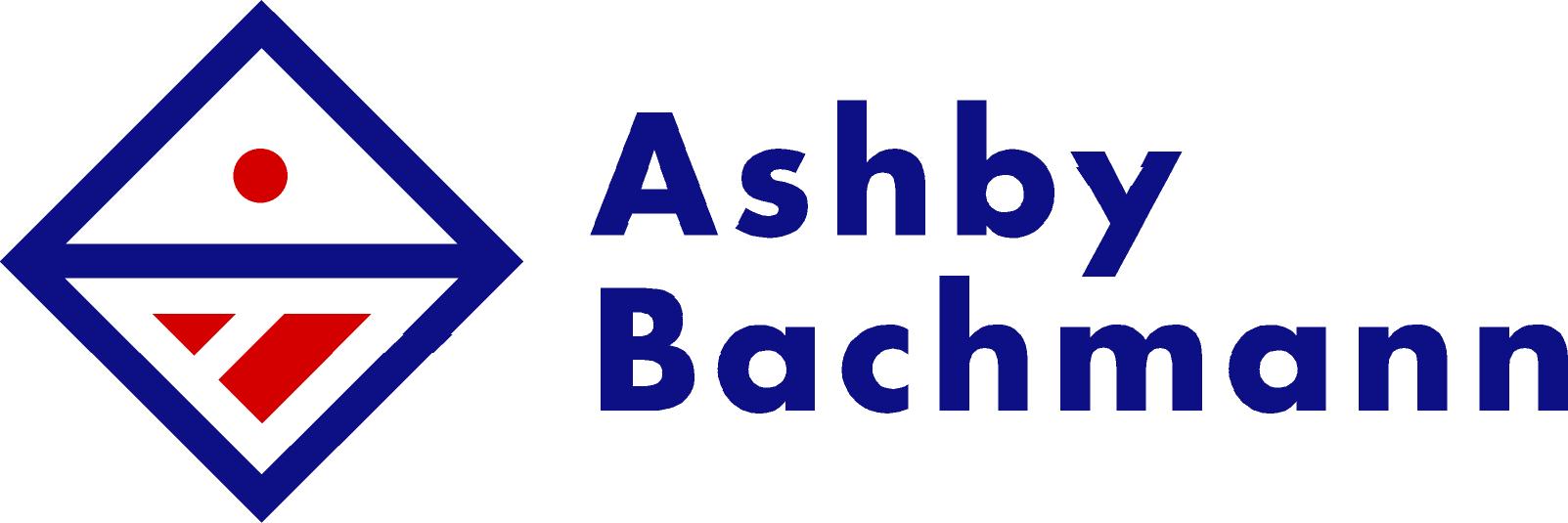In the first century BCE Vitrius, a Roman architect (civil engineer by today’s standards) said: The [know-how worker] should be equipped with knowledge of many branches of study … for it is by his judgement that all work by the other [participants] is put to test. This [know-how] is the child of practice and theory.
Yoga Berra was much more succinct, he said: In theory practice and theory are the same: in practice they are different.
In the age on the Internet we know that knowledge is ubiquitous; know-how is much rarer. Much of the knowledge on the Internet is patently wrong! It is placed there by self-serving and/or malicious sources to influence the desperate or the gullible. YouTube is awash with altruistic demonstrations of know-how, and self-mocking reflections that knowing how is not the same as know-how.
Malcolm Gladwell suggests that it takes 10,000 hours of practice to develop mastery of a discipline, such as playing an instrument well. A multi-disciplinary skill may well require significantly more. Or it may require rare in-sight, inspiration or mentor-ship.
In today’s workplace, much emphasis is placed on a university degree. It is valued as a demonstration of ability (and perhaps persistence) to learn rather than knowledge per se. In a rapidly changing workplace, both the capacity to learn and the tenacity to do so are essential. Continuous learning also requires motivation and/or inquisitiveness. The former can be external; the latter, which seems increasingly rare, must be internal.
Industry specific credential are also much sought as assurance that the candidate has the required knowledge to perform the required tasks. However, while many examination processes demonstrate that the graduate has the required knowledge, they are incapable of demonstrating whether they have ability to apply it.
Experience is the second demand in most job postings. Increasingly, the demands are microscopically specific, negating the purpose of the university degree’s assumption that the person can learn. Of course, experience is useful, and in many roles essential. Nobody wants a commercial pilot learning to fly on the job. Experience is also generally defined by time, rather than depth or diversity. Ten years as a pediatrician does not equip a doctor to become a gerontologist.
A word we rarely hear today is wisdom. So what is wisdom? In its essence, wisdom is the demonstrated ability to apply knowledge to a broad range of situations – or know-how.
The saddest aspect of life right now is that science gathers knowledge faster than society gathers wisdom. Isaac Asimov
